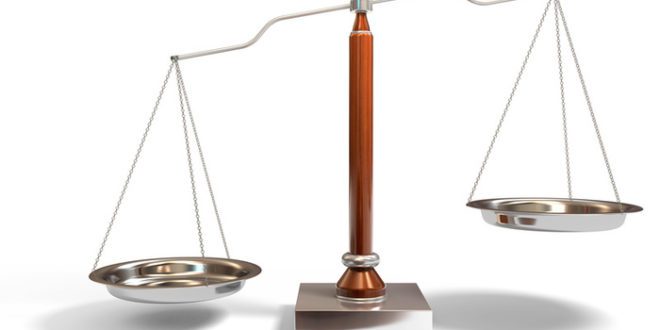NHS’ rank in healthcare had considerably decreased because of factors such as the lack of staff wherein the budget and equipment are not properly supplied. Additionally, NHS had been financially pressured because they are spending more than they’re getting. Thus, the government promised to help improve NHS’ services by pledging a £20 billion funding boost for the NHS by 2024.
To address the problem of NHS funding, the United Kingdom this July 2018 plans to collect the funds for the sworn budget by lifting the freeze on fuel and alcohol. The fuel duty in the UK had been frozen for eight years, and it is presumed that by removing the lift, it would create a £20bn of extra investment for the health service.
Fuel duty is the money which is paid to the government whenever fuel is purchased. The freeze on the fuel duty does not pertain to the decrease of tax but the lessening of the oil’s cost. Nevertheless, families can save up to a few pounds when they fill their vehicles’ tanks.
If the lift is removed, oil prices will be higher, and families would have to contribute more for the sake of NHS’ improvement. The founder of Fairfuel denotes this as a suicidal plan for the government because even with the freeze, their fuel duty was still the highest.
The proposed plan is also taking its toll on the UK’s finances as it will lead to an increase in inflation. Moreover, public finance is pressured on looking for sources of revenue to comply with the promised budget for NHS.
The Deputy Director of the Institute for Fiscal Studies states that with the lift, the deficit of funds will rise more. But without it, may pose as a solution for the pledged funding. However, if it does push through, extra funding for other sectors may not be given.

